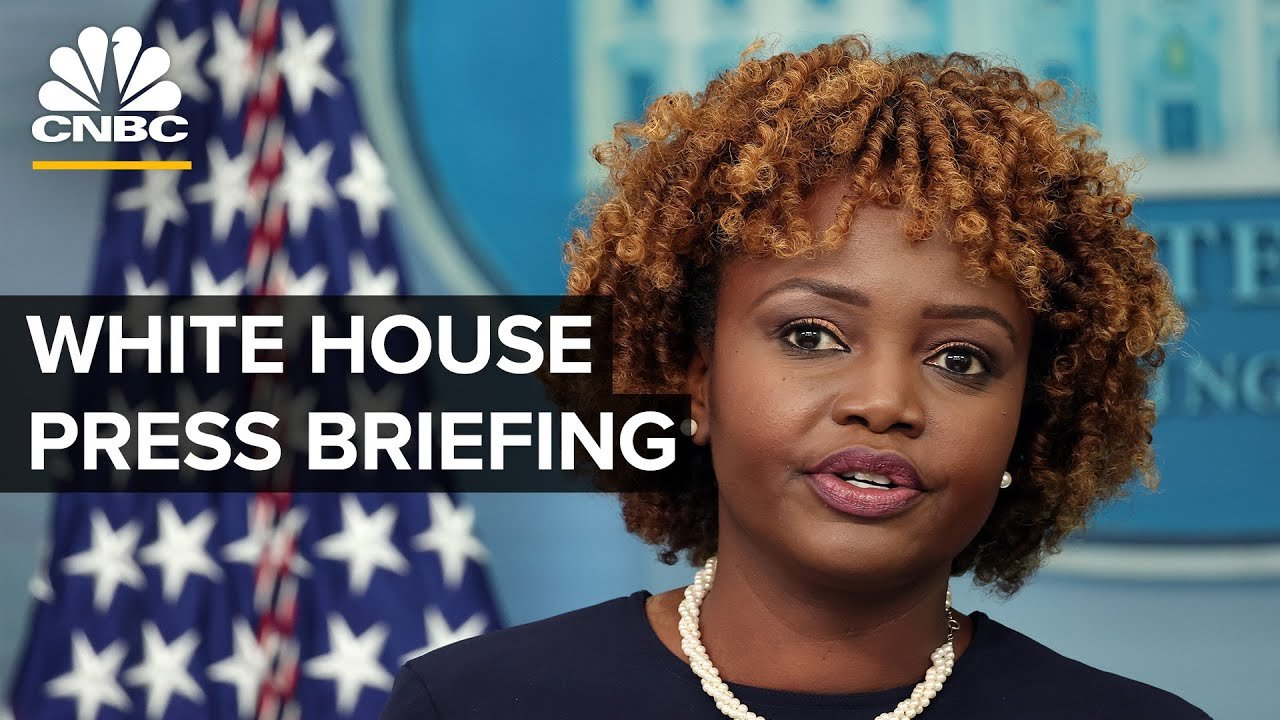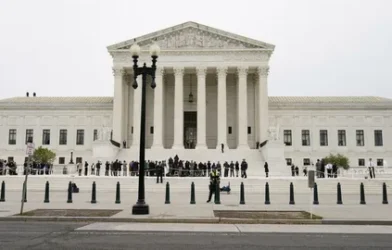In the ever-evolving world of American politics, few figures have captured the public’s attention like Karine Jean-Pierre. As the White House Press Secretary under President Joe Biden, she not only holds one of the most visible roles in U.S. government communication but also represents a powerful symbol of progress, diversity, and resilience in modern leadership.
Breaking Barriers
Karine Jean-Pierre made history in May 2022 when she became the first Black, first openly gay, and first immigrant White House Press Secretary in U.S. history. Born in Martinique to Haitian parents and raised in Queens, New York, Jean-Pierre’s journey to the White House podium is a testament to determination, advocacy, and the American dream.
Her appointment marked a significant moment—not only for representation but also for a new generation of communicators in politics. For many Americans, particularly young people of color and members of the LGBTQ+ community, Jean-Pierre stands as a role model and a reminder that leadership can come from diverse and often underrepresented backgrounds.
A Career Rooted in Public Service
Before stepping into the national spotlight, Jean-Pierre built a career across advocacy, political strategy, and media. She worked as a senior advisor and national spokesperson for MoveOn.org, a progressive public policy advocacy group. Her work focused on grassroots organizing and pushing for policies around healthcare, immigration, and civil rights.
Jean-Pierre also served in the Obama administration, holding various roles including Regional Political Director for the White House Office of Political Affairs. Her experience on multiple Democratic presidential campaigns, including for Barack Obama, Martin O’Malley, and Joe Biden, gave her the political savvy and communication skills that eventually landed her in the press secretary’s office.
At the White House Podium
As press secretary, Jean-Pierre’s role is one of the most demanding in Washington. She serves as the official spokesperson for the President, delivering daily briefings, handling tough questions from journalists, and managing the flow of information between the administration and the public.
Her tenure has seen a wide range of critical issues—from economic concerns and international conflicts to domestic policy debates and Supreme Court rulings. She’s also been tasked with addressing disinformation, clarifying policy positions, and maintaining transparency—all under the intense scrutiny of the press corps and the American public.
Jean-Pierre brings a calm, measured, and often empathetic tone to the press room, drawing praise for her professionalism and composure. While she faces criticism, as any high-ranking political figure does, she has maintained a steady presence and a focus on facts, inclusivity, and clarity.
Public Image and Cultural Impact
Beyond her professional responsibilities, Karine Jean-Pierre’s visibility has cultural and symbolic weight. She has openly discussed her upbringing, her challenges growing up in an immigrant household, and her experience coming out as gay. These personal narratives have resonated with many and underscore the broader push for representation in leadership.
Jean-Pierre is also a published author. Her memoir, “Moving Forward,” details her path through politics and activism and serves as both a personal reflection and a guide for young people interested in public service.
Looking Ahead
As the Biden administration continues into 2025, Karine Jean-Pierre remains a key figure in shaping how the American public perceives the presidency. Her ability to connect with audiences, manage complex narratives, and stay grounded in her values has made her a standout voice in the often-chaotic world of political communication.
Whether you’re following U.S. politics closely or simply interested in the people shaping modern leadership, Karine Jean-Pierre’s story is one of resilience, representation, and rising to the moment. In many ways, she’s not just delivering the message—she is the message: that progress is possible, and that the American political landscape is changing, one historic appointment at a time.













Comments are closed